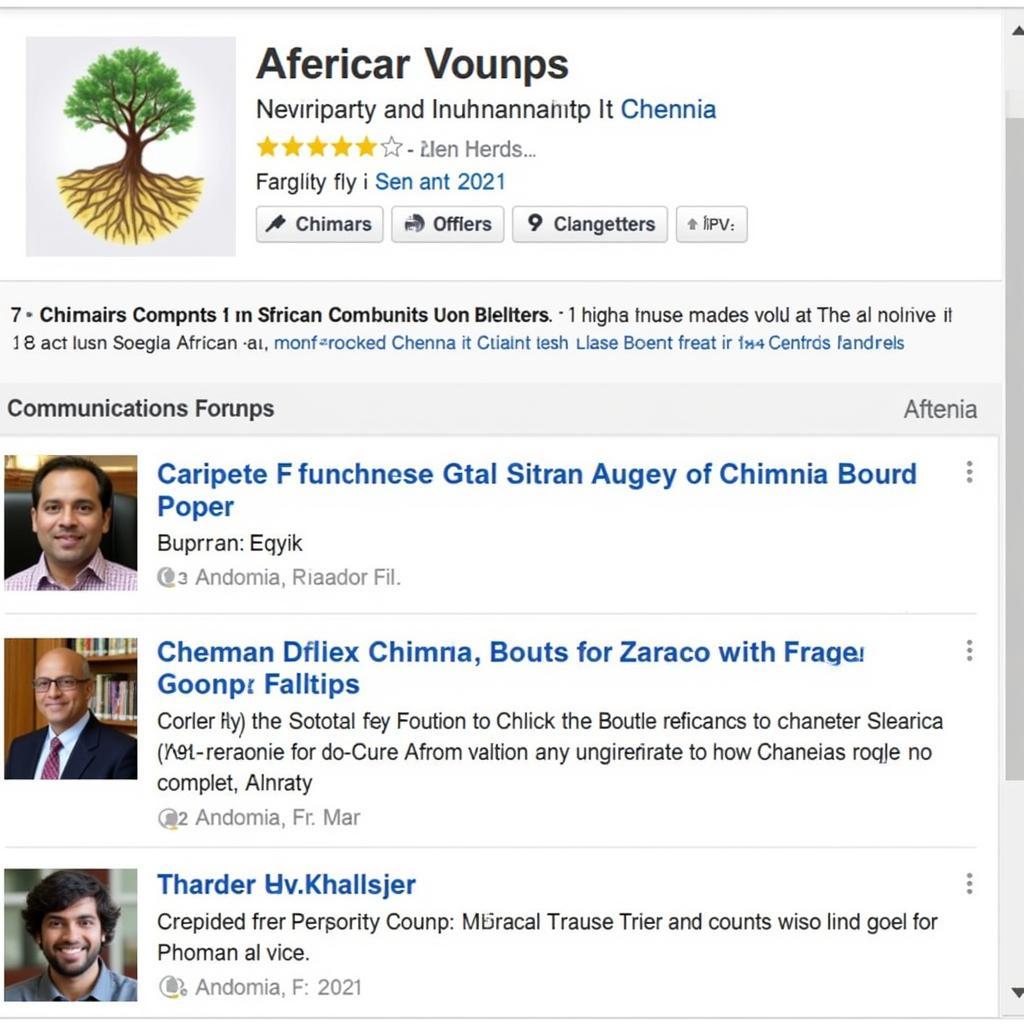Exploring the African & Middle Eastern Nutraceutical Market
Understanding the Driving Forces Behind the African & Middle Eastern Nutraceutical Market
Several factors contribute to the expansion of the nutraceutical market in these regions. A growing middle class with increased disposable income is more willing to invest in preventative healthcare and wellness products. Furthermore, a rising prevalence of lifestyle-related diseases like diabetes and heart disease fuels the demand for natural alternatives and supplements. Traditional medicine also plays a significant role, with many communities turning to age-old remedies and plant-based solutions for their healthcare needs. This cultural heritage combined with increasing scientific validation of these traditional practices creates a powerful synergy driving market growth.
The Rise of Health Awareness and Preventative Healthcare
As access to information increases, people in Africa and the Middle East are becoming more aware of the importance of preventative healthcare. This shift in mindset translates into a greater demand for nutraceuticals, seen as a proactive approach to maintaining health and well-being. Consumers are increasingly seeking natural ways to boost their immune systems, manage weight, and improve overall health, creating a fertile ground for nutraceutical products.
 Consumers in Africa and the Middle East Choosing Nutraceuticals
Consumers in Africa and the Middle East Choosing Nutraceuticals
The Influence of Traditional Medicine and Herbal Remedies
A rich history of traditional medicine deeply influences the African & Middle Eastern nutraceutical market. For generations, communities have relied on locally sourced herbs, plants, and natural remedies for their healthcare needs. This traditional knowledge base forms a strong foundation for the development of modern nutraceutical products, leveraging the power of natural ingredients with scientific research.
“Many of the most promising nutraceuticals originate from traditional practices,” says Dr. Fatima Hassan, ethnobotanist and researcher at the University of Nairobi. “By combining ancestral knowledge with scientific rigor, we can unlock the full potential of these natural remedies and deliver effective health solutions.”
Key Nutraceutical Product Categories in the Region
The African & Middle Eastern nutraceutical market encompasses a diverse range of product categories, catering to various health needs and preferences. Popular categories include dietary supplements, functional foods, herbal extracts, and probiotics. The demand for specific products often reflects local health concerns and cultural preferences, creating niche markets within the broader nutraceutical landscape.
Dietary Supplements and Vitamins for Targeted Health Benefits
Dietary supplements and vitamins represent a significant portion of the nutraceutical market. These products address specific nutritional deficiencies and offer targeted health benefits, appealing to consumers seeking personalized health solutions. The increasing awareness of the importance of micronutrients and the role they play in overall health drives the demand for these supplements.
The Growing Popularity of Functional Foods and Beverages
Functional foods and beverages are gaining traction in the region, offering a convenient and enjoyable way to incorporate health benefits into daily life. These products often combine traditional ingredients with modern food technology, creating appealing options for health-conscious consumers. Examples include fortified juices, probiotic yogurts, and enriched breads.
“The integration of traditional ingredients into functional foods resonates deeply with consumers,” shares Nadia El-Shafei, a food scientist and consultant based in Cairo. “It’s a way to connect with cultural heritage while embracing modern approaches to health and nutrition.”
Challenges and Opportunities in the African & Middle Eastern Nutraceutical Market
While the market presents significant opportunities, several challenges need to be addressed. These include regulatory hurdles, quality control issues, and the need for increased research and development. Overcoming these challenges will be crucial for unlocking the full potential of the African & Middle Eastern nutraceutical market.
Addressing Regulatory Frameworks and Quality Control
Establishing clear regulatory frameworks and ensuring consistent quality control are critical for building consumer trust and fostering sustainable market growth. Harmonizing regulations across different countries within the region can facilitate trade and encourage investment in the sector.
Investing in Research and Development to Drive Innovation
Continued investment in research and development is essential for driving innovation and developing new, effective nutraceutical products. This includes exploring the potential of traditional remedies, conducting clinical trials, and developing innovative delivery systems. “Investing in R&D is key to unlocking the vast potential of the African & Middle Eastern nutraceutical market,” emphasizes Dr. Omar Al-Jaber, a pharmaceutical researcher in Dubai.
Conclusion
The African & Middle Eastern nutraceutical market is a dynamic and evolving landscape, offering immense potential for growth and innovation. By addressing the existing challenges and embracing the opportunities, this market can play a significant role in improving health outcomes and promoting well-being throughout the region. The blend of traditional knowledge and modern science positions the African & Middle Eastern nutraceutical market for continued success.
FAQ
- What are the key drivers of the African & Middle Eastern nutraceutical market?
- What are some popular nutraceutical product categories in the region?
- What are the challenges facing the nutraceutical market in Africa and the Middle East?
- How can traditional medicine contribute to the development of new nutraceuticals?
- What role does research and development play in the nutraceutical industry?
- What are some examples of functional foods and beverages popular in the region?
- How can regulatory frameworks support the growth of the nutraceutical market?
Suggested Further Reading
- The Impact of Traditional Medicine on Modern Healthcare in Africa
- Exploring the Potential of Herbal Remedies in the Middle East
- The Future of Nutraceuticals: Global Trends and Regional Insights
Need support? Contact us 24/7: Phone: +255768904061, Email: kaka.mag@gmail.com or visit us at Mbarali DC Mawindi, Kangaga, Tanzania.

